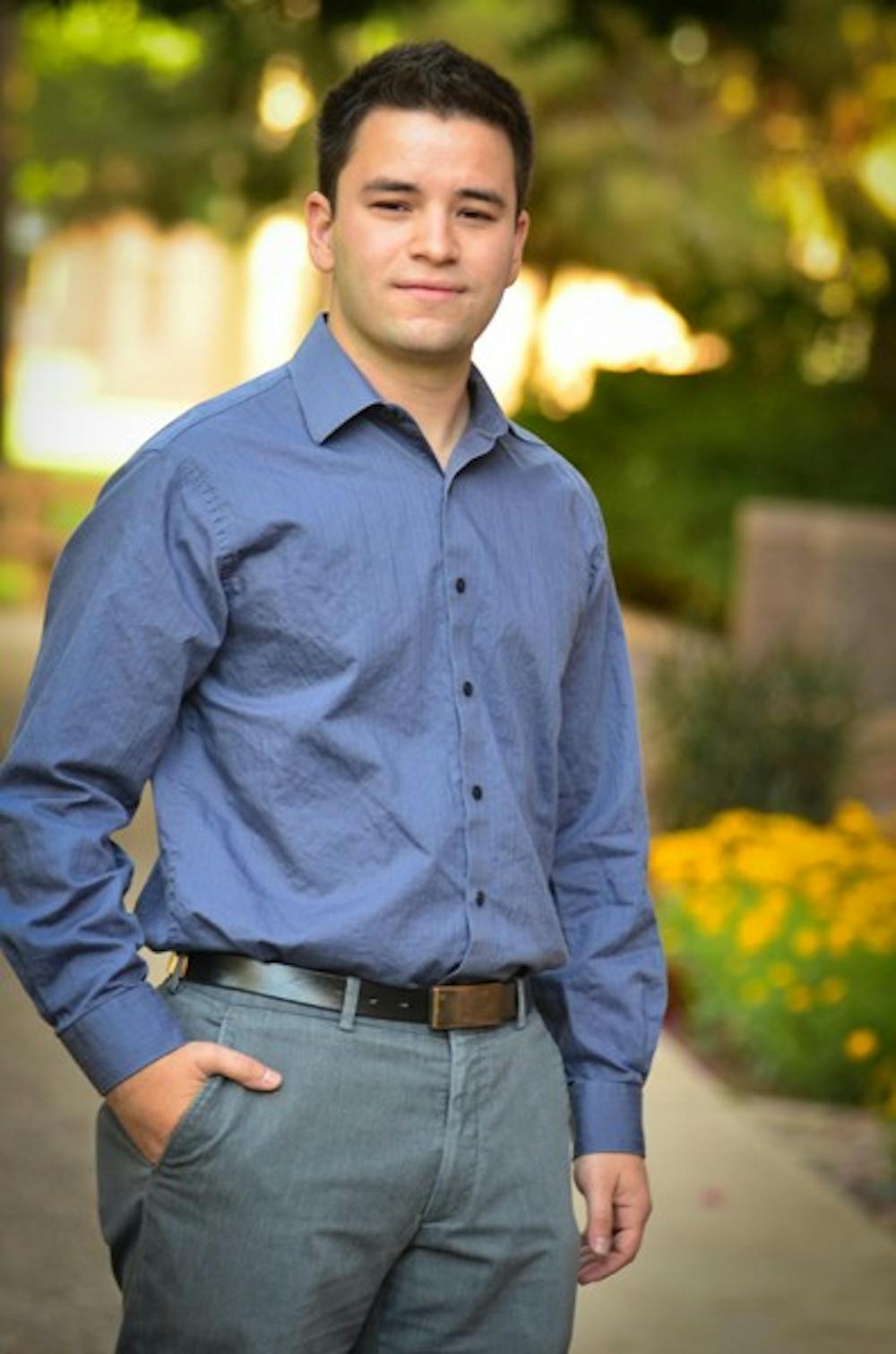After German Cadenas graduated from ASU in 2009 with degrees in psychology and business, he lined up interviews with companies such as Apple and Wells Fargo.
He sometimes made it to the final interview with the companies — then he walked away.
Cadenas is an undocumented immigrant from Venezuela, and through the interviews he was testing the waters, seeing if he could land a job if he had legal status.
“And the answer was yes,” Cadenas said.
Cadenas was recently accepted into a Ph.D. program with six other students, out of hundreds who applied.
He hopes that by the time he finishes the program, the DREAM act, which would give undocumented graduates a pathway to citizenship, will have passed.
The controversial DREAM act — which could also grant citizenship to people who serve in the military, rather than attending college — was reintroduced into the U.S. Senate in May for further consideration, but many are still split on the legislation.
ASU College Republicans President Ashley Allen said members were evenly divided on the merits of the DREAM act, with some opponents of the legislation saying there is similar, better legislation that could aid students seeking citizenship, and that it encourages illegal behavior.
HR 1791, she noted, would offer citizenship to undocumented students who receive a degree in technical fields, such as engineering, math or science.
“There’s obviously alternatives to the DREAM act that would allow people to come here and get an education, regardless of the statuses of their parents,” Allen said.
Earlier this month, Angelica Hernandez, another undocumented student, graduated as 2011’s Distinguished Graduating Senior in Mechanical Engineering.
Hernandez moved to the United States early in her life with her parents, then attended school in Arizona.
Hernandez could not be reached for comment.
About 65,000 undocumented students graduate from high school in the United States each year, according to a study by the Urban Institute, an economic and social issues think tank.
Undocumented students who pursue higher education often face financial barriers to receiving scholarships, but others who graduate often have no opportunity to use their degree.
ASU doesn’t make any distinction between documented and undocumented graduates, said ASU spokeswoman Sharon Keeler, and offers them the same career services as any other student.
“We don’t provide anything special,” she said.
Reach the reporter at clecher@asu.edu





